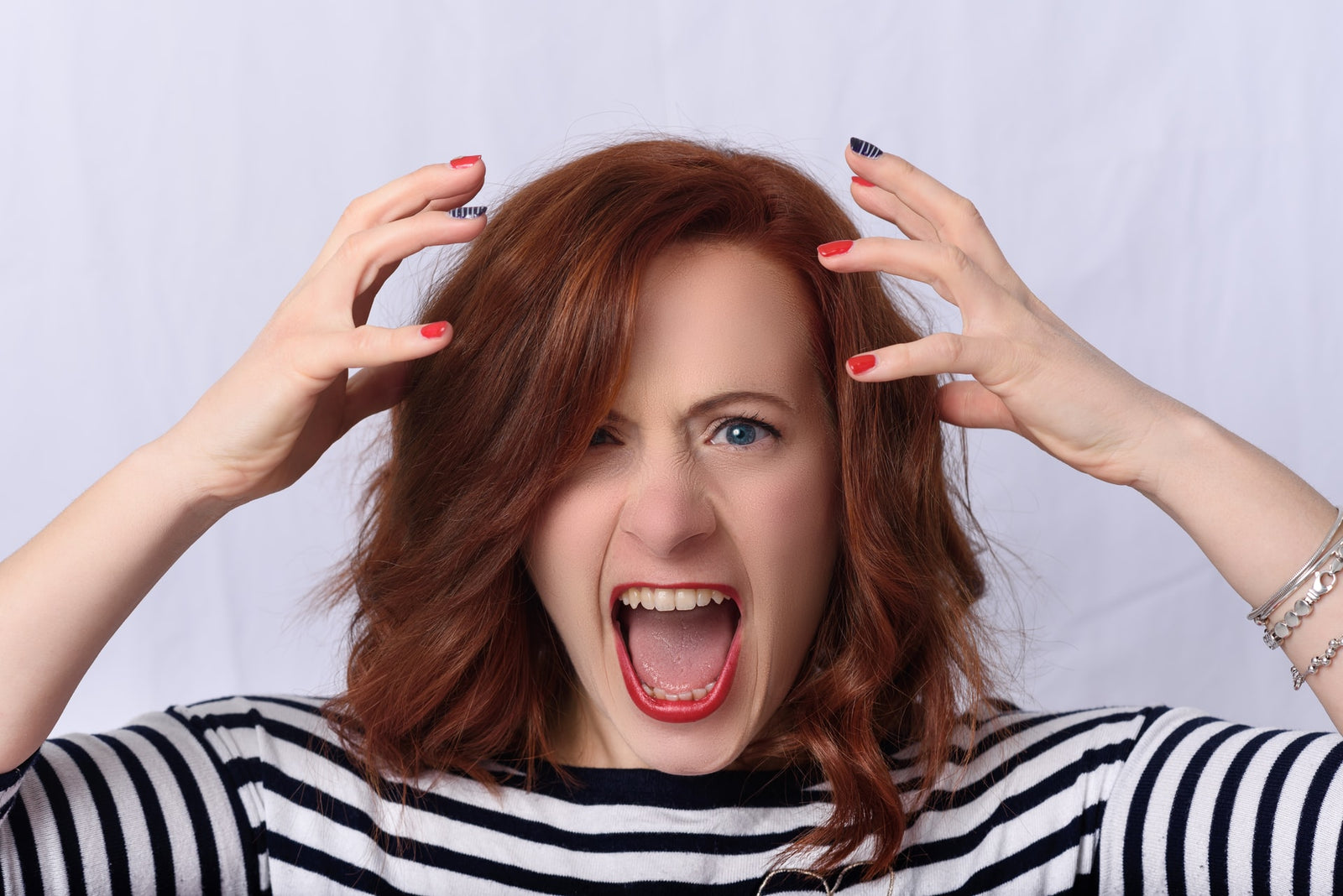It’s the most common sleeping disorder that affects 30-40% of American adults and millions of people all over the world. [1,2]
Insomnia is a type of sleep disorder where people have trouble sleeping and/or staying asleep. [3] People who suffer from insomnia usually wake up feeling tired and not at all refreshed.
According to the American Psychiatric Association (APA), a third or so adults in the US report symptoms of insomnia, and 6-10% of adults suffer from severe symptoms enough to be diagnosed with the disorder. [1]
Medical professionals would typically provide a clinical diagnosis of this disorder given both are true:
- Difficulty sleeping for at least three nights straight in a week within a minimum of 3 months
- Difficulty sleeping causing major distress and affecting everyday function
While insomnia is a prevalent sleeping disorder worldwide, it’s said to be a result of an underlying problem, like an illness or lifestyle decision. The good news is it’s highly treatable, whether by medical, behavioral or pharmacological means.
What are the signs and symptoms of insomnia?
If you suffer from any of the following, chances are you may be having symptoms of insomnia: [4]
- Difficulty falling asleep at night
- Waking during the night
- Waking earlier than desired
- Still feeling tired after a night's sleep
- Daytime fatigue or sleepiness
- Irritability, depression, or anxiety
- Poor concentration and focus
- Being uncoordinated, an increase in errors or accidents
- Tension headaches (feels like a tight band around head)
- Difficulty socializing
- Gastrointestinal symptoms
- Worrying about sleeping
What are the causes of insomnia?
Difficulty sleeping may be caused by several factors, ranging from lifestyle to medical: [5,6]
Lifestyle
Having a glass of wine or two right before going to bed may make your snooze a lovely experience right?
Wrong.
Drinking alcohol before bedtime may give the opposite result; it will eat into your sleeping time.
Other stimulants like nicotine in cigarettes and caffeine in your coffee/tea should be avoided late in the afternoon and evenings. They contain substances that keep you wide awake for as long as 6-8 hours.
Changes in sleeping time due to (pesky) jet lag, work shifts, and moving to another city in a different time zone are also usual suspects for transient insomnia.
You may also struggle with your beauty sleep if you take afternoon naps that are too long, or if you frequently crash at different times during the night.
Environmental
A less than ideal sleeping environment contributes to sleeplessness.
An uncomfortable bed, extremely high or low temperatures, or a room with too much or too little natural light may all make you toss and turn the whole night.
If you have all sorts of “blue light” in your room, it’s better to get rid of them. Two neuroscientists report that blue light negatively affects health and sleep patterns. [7]
Keep your gadgets away for an hour before hitting the hay, or avoid watching Netflix from your TV or laptop.
And if you can’t just turn off your digital devices, you can start by dimming the brightness or downloading apps that help lessen the blue light from your phone.
Psychological
Some people notice symptoms of insomnia following stressful episodes such as death in the family or traumatic experiences.
For most though, the common psychological causes of sleeplessness are stress and anxiety from work, health, relationships and personal finance.
These things can keep people awake at night for several days on end, that it leads them to develop anxiety about going to bed! Some end up associating their anxieties and sleep troubles with their bedroom and bedtime.
Talk about “sleeplessness from sleeplessness!”
Mental health conditions are also some of the reasons why people end up sleepless in most nights. These underlying mental health problems can trigger difficulty in sleeping:
- mood disorders: depression or bipolar disorder
- anxiety disorders: generalized anxiety, panic disorder or post-traumatic stress disorder
- psychotic disorders: schizophrenia
Medical
The following medical conditions may lead to insomnia:
- heart conditions – such as angina, congestive heart failure, stroke
- digestive conditions - such as acid-reflux disease (GERD)
- respiratory conditions – such as chronic obstructive pulmonary disease (COPD) or asthma
- neurological conditions – such as Alzheimer's disease, Parkinson's disease, brain lesions
- hormonal problems – such as an overactive thyroid, estrogen, hormone shifts
- joint or muscle problems – such as arthritis
- problems with the genital or urinary organs – such as urinary incontinence or an enlarged prostate
- sleep disorders – such as snoring and sleep apnoea, restless leg syndrome, narcolepsy, night terrors and sleepwalking
Medications
Sleeplessness can be a side effect of prescription medicines and over-the-counter drugs, which may include:
- certain antidepressants
- epilepsy medicines
- medicines for high blood pressure, such as beta-blockers
- steroid medication
- non-steroidal anti-inflammatory drugs (NSAIDs)
- stimulant medicines used to treat attention deficit hyperactivity disorder or ADHD as well as narcolepsy
- some medicines used to treat asthma, such as salbutamol, salmeterol and theophylline
Others
Your lovely cat or dog, a loud snoring partner, pregnancy, genetics, and parasites may all keep you from getting a good night's sleep.
How can you sleep better?
There are steps that you can take right here, right now.
Here are 6 things you can do today to sleep better. They range from changing up your sleeping environment into a comfortable one, to taking sleep supplements that can help you keep a balanced sleep cycle schedule without the unwanted side effects from taking prescription medication.
-----------------------------------------------------------------------------------------------------------------------------------------------------------------------------------------
If you want to learn more about what happens with your body when it has trouble sleeping, watch the TED video below:
Sources
[1] https://www.psychiatry.org/patients-families/sleep-disorders/what-are-sleep-disorders
[2] http://sleepdisorders.sleepfoundation.org/chapter-2-insomnia/what-is-insomnia/
[3] https://www.healthline.com/symptom/insomnia
[4] https://www.medicalnewstoday.com/articles/9155.php
[5] https://www.medicalnewstoday.com/articles/9155.php
[6] https://www.nhsinform.scot/illnesses-and-conditions/mental-health/insomnia
[7] http://www.scientificamerican.com/article/q-a-why-is-blue-light-before-bedtime-bad-for-sleep/








